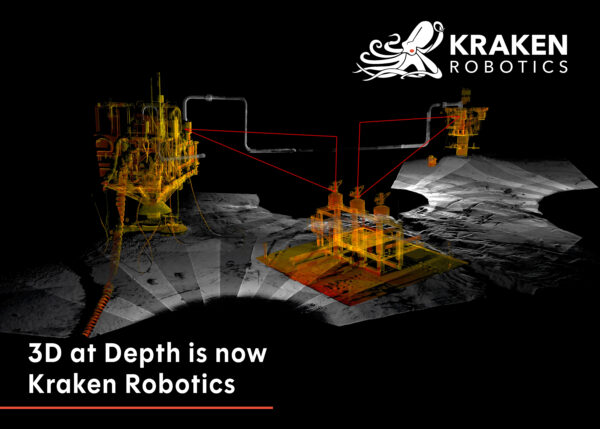Copyright Inc. Magazine

When ABC suspended Jimmy Kimmel Live! over remarks about Charlie Kirk, the internet lit up. But this isn’t just a Hollywood drama—it’s a flashing red signal for CEOs and business owners navigating the volatile intersection of politics, free speech, and the workplace. We’re watching a cultural collision play out in real time. Late-night hosts, Fortune 500 employees, and even “regular” workers posting on TikTok are finding themselves disciplined—or unemployed—for expressing views that align with or push back against the lightning-rod rhetoric of Charlie Kirk. The question isn’t whether people agree with Kimmel or Kirk. The question is: Can businesses afford to keep playing referee in America’s culture wars? The legal grey zone: Free speech versus at-will employment Here’s the legal truth bomb: In the U.S., the First Amendment protects speech from government punishment, not from consequences at work. In an at-will employment system, most companies can legally terminate someone for speech that damages brand reputation, disrupts operations, or alienates stakeholders. Featured Video An Inc.com Featured Presentation But legality isn’t the whole story. The “optics economy” is now as important as the balance sheet. Fire someone for a hot take, and you risk being accused of political bias. Keep them on, and you risk customer boycotts. The margin of error is razor thin, and CEOs are now judged not just on EBITDA, but on how they navigate social firestorms. Social media as the new HR battlefield Platforms like X, TikTok, and LinkedIn have become the new performance review arenas. One viral clip can undo years of brand-building. Businesses aren’t just reacting to customer complaints anymore—they’re reacting to the comment sections. For leaders, that means building a speech-risk framework—deciding in advance what speech crosses into reputational harm and how to apply that standard consistently. Otherwise, your HR team is just firefighting while your brand equity burns. CEOs in 2025: Leaders or culture cops? CEOs are being pulled into roles as de facto “culture cops.” Employees expect leadership to take political stances. Silence is interpreted as complicity. Statements are judged not just by employees but by millions of strangers online. For many leaders, the Charlie Kirk/Kimmel clash is less about politics and more about the shrinking safe zone for brands. Companies that once tried to “stay neutral” are learning that neutrality itself can trigger backlash. Takeaways for business leaders Here’s what business leaders need to think about and do. Build clarity before crisis. Define your internal standards for speech and brand safety now. Train for digital fallout. Make sure PR and HR teams have playbooks ready for when a post or podcast goes viral. Balance principle with pragmatism. Uphold your company’s values but understand your customers’ expectations. Monitor sentiment in real time. Social listening tools are no longer optional—they’re survival gear. Prepare leadership voices. In a flashpoint, the CEO’s words will be as dissected as the employee’s. Charlie Kirk didn’t just spark another news cycle—he highlighted a tectonic shift in how speech, politics, and employment collide. CEOs who think this is just HR’s problem are missing the point. In 2025, the ability to navigate free-speech flashpoints may be as critical to your company’s survival as your quarterly earnings call.



